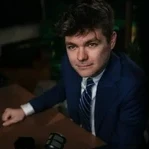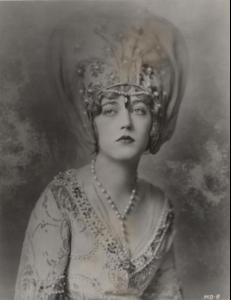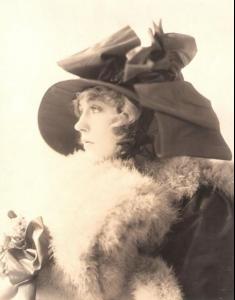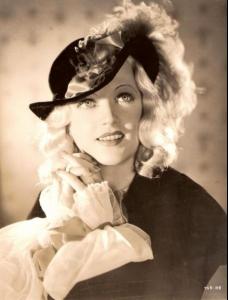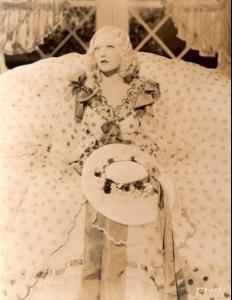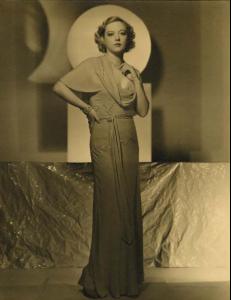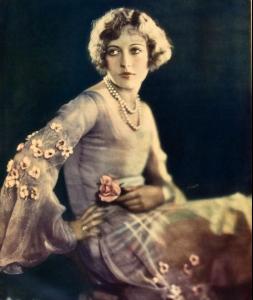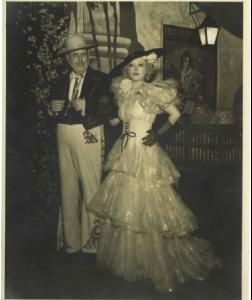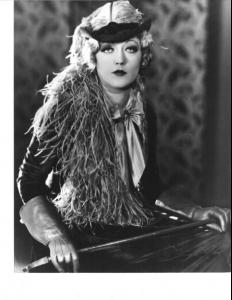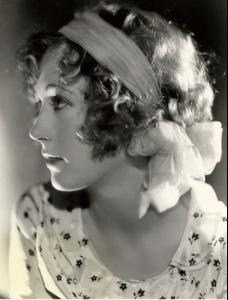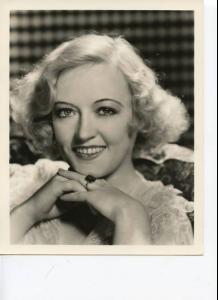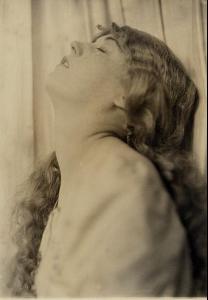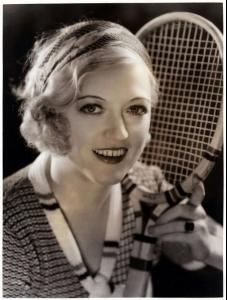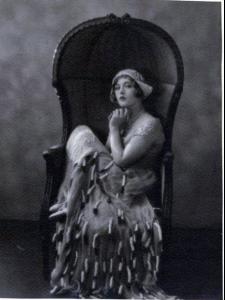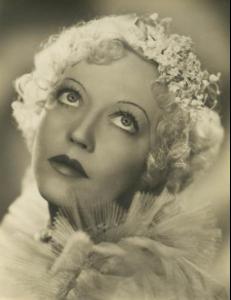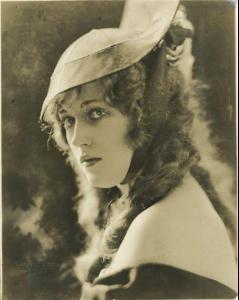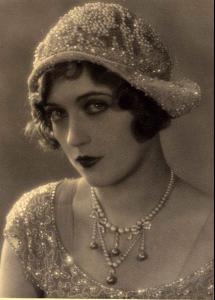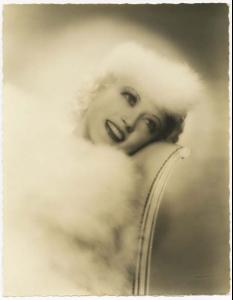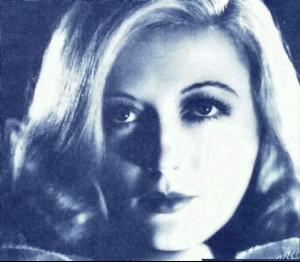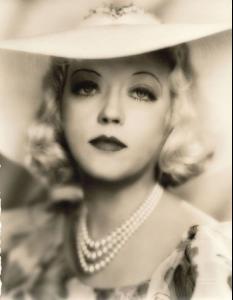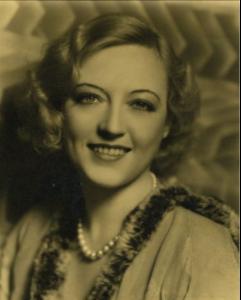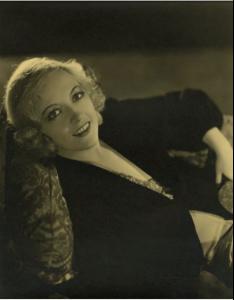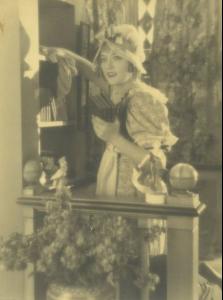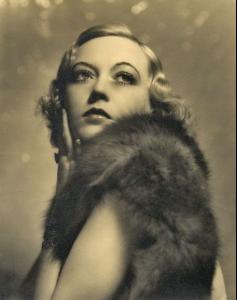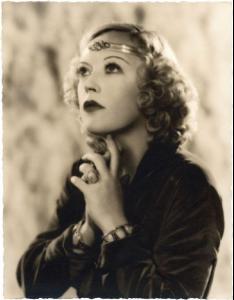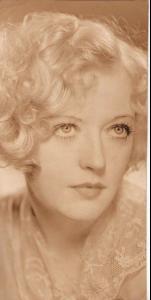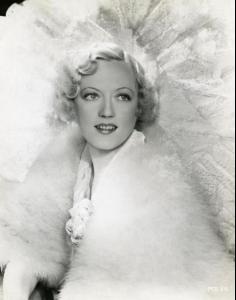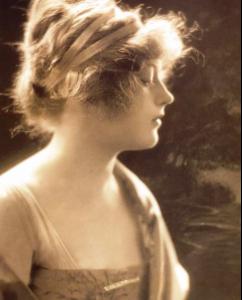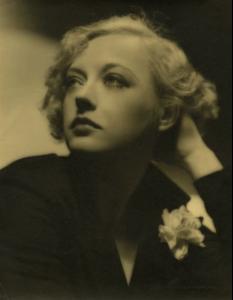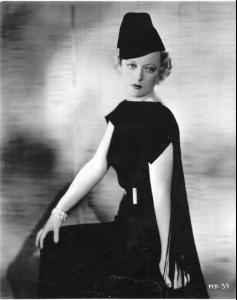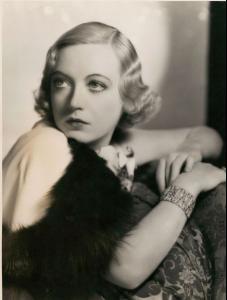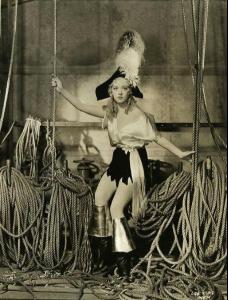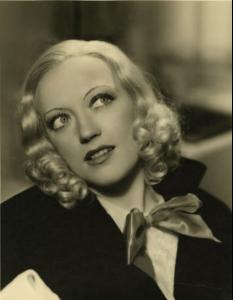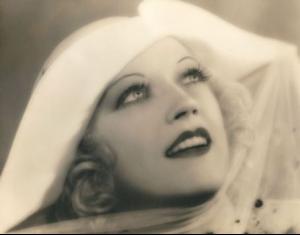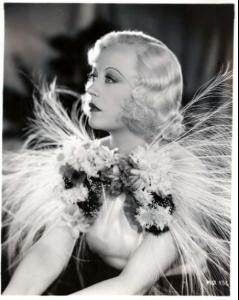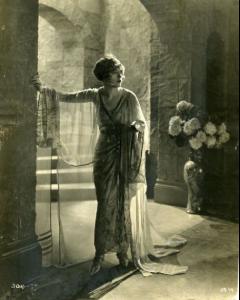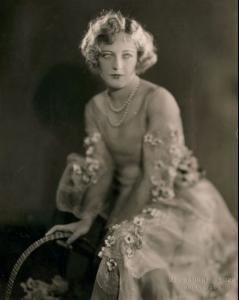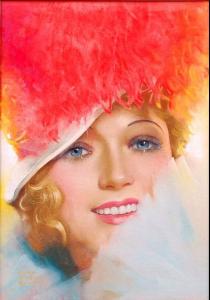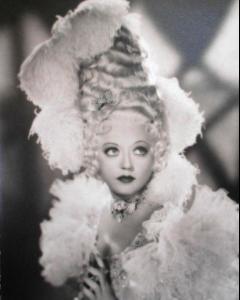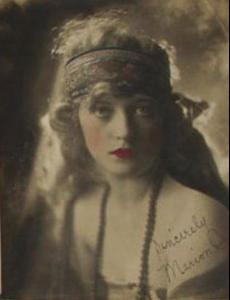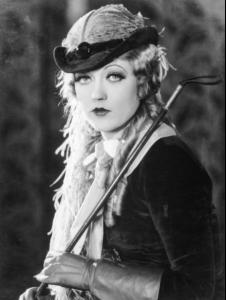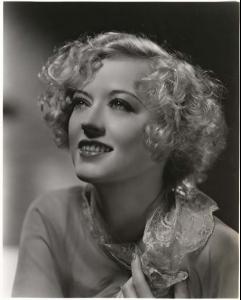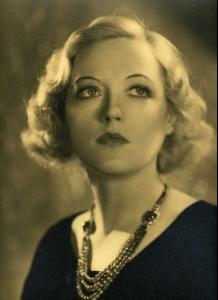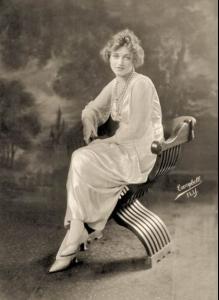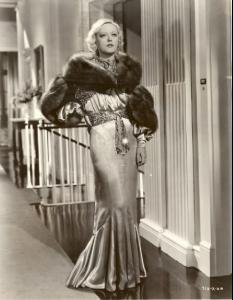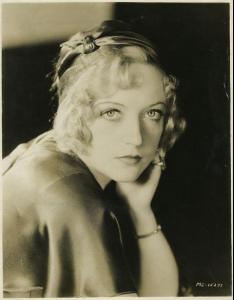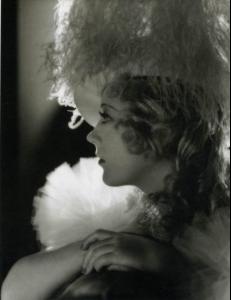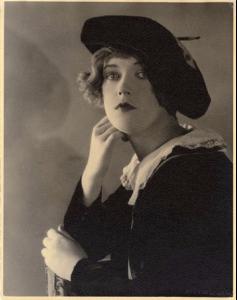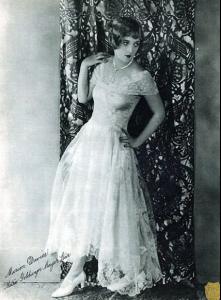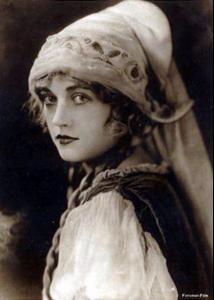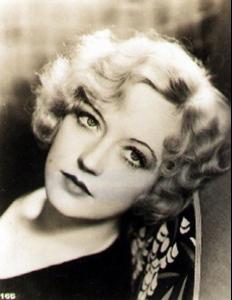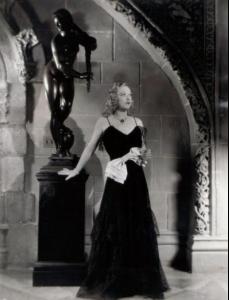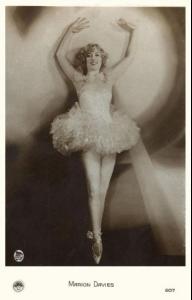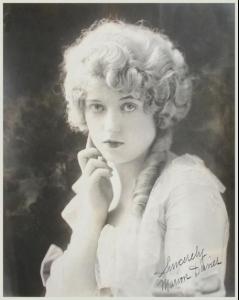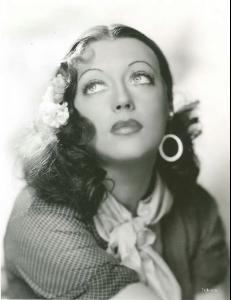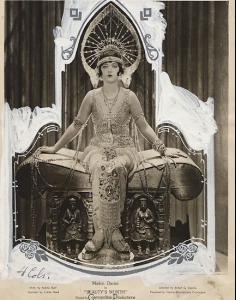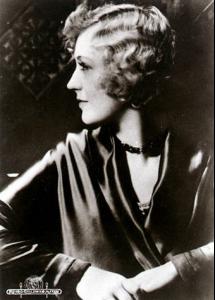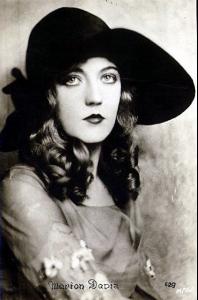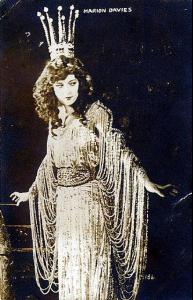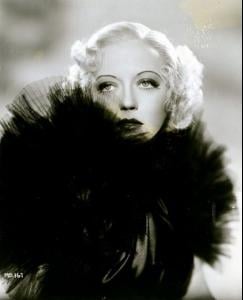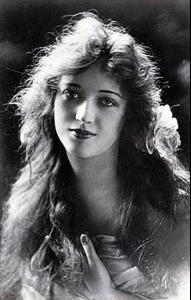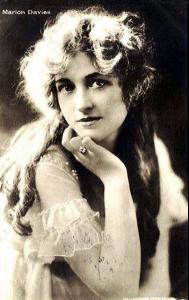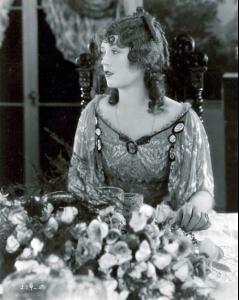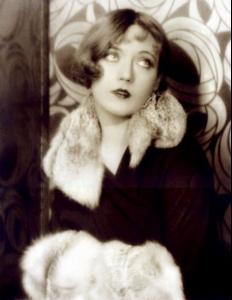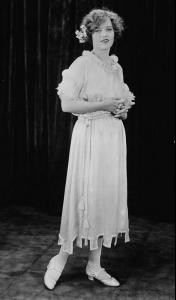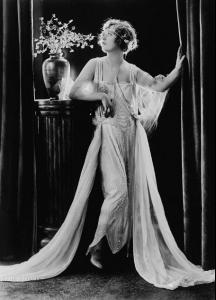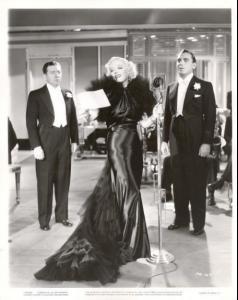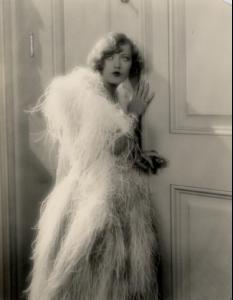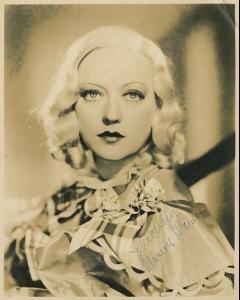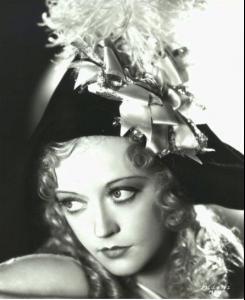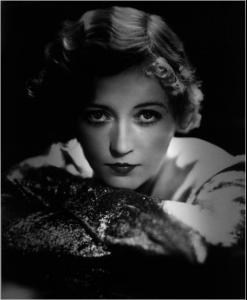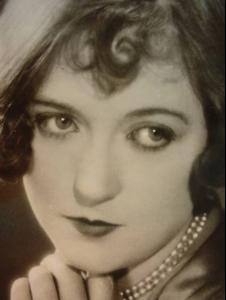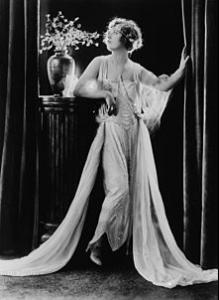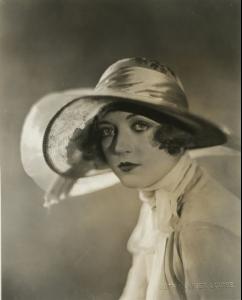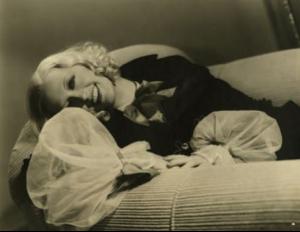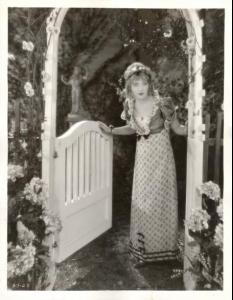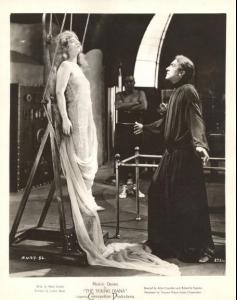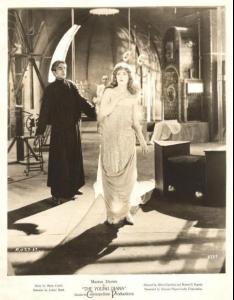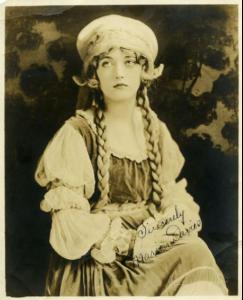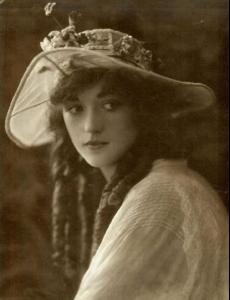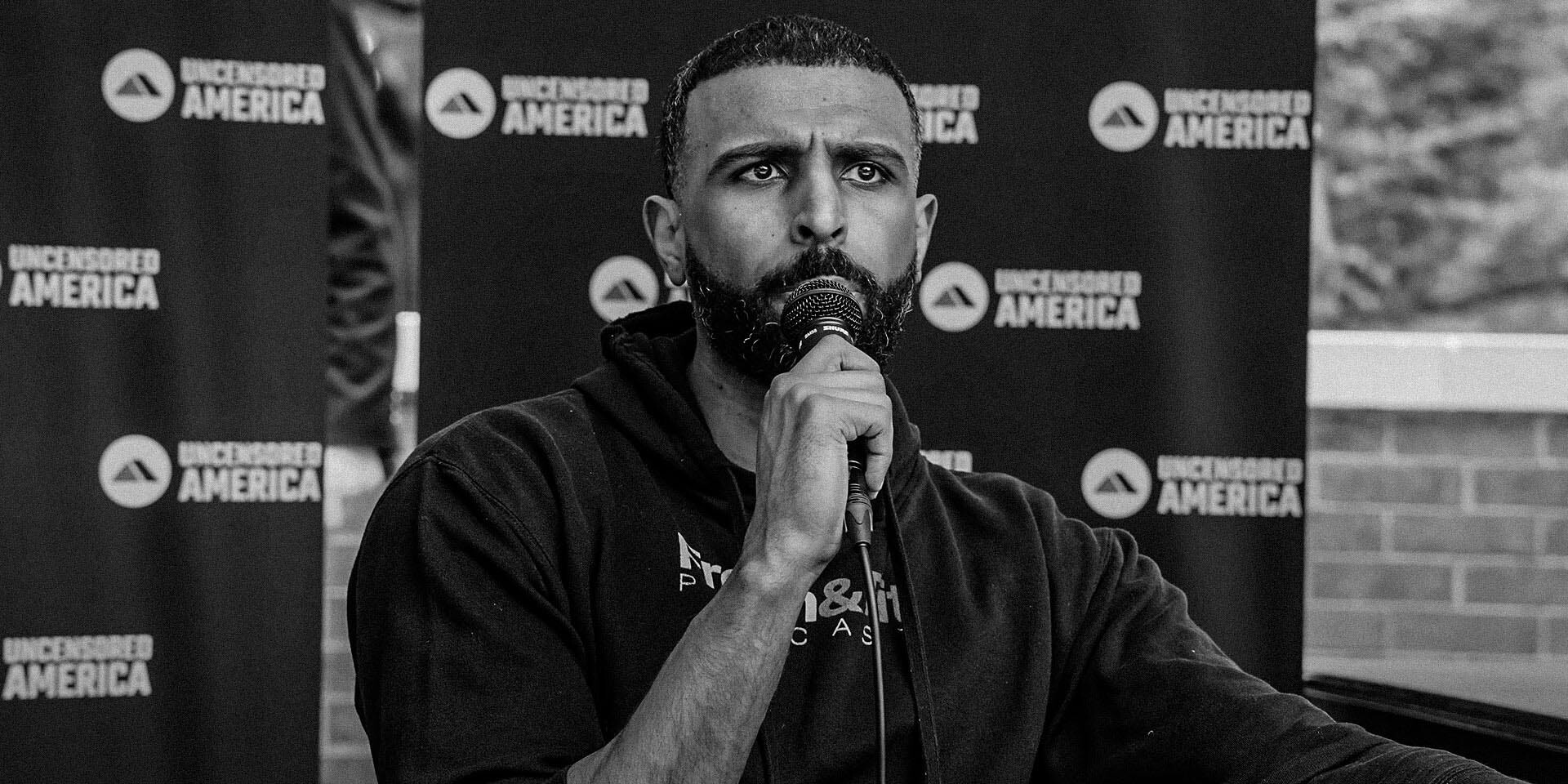
Everything posted by COP11
-
Guilty or Not Guilty?
Guilty Sleep while you're at work
-
Yes or No Game
Most of the time no Are you a leader or a follower
-
What did you last buy!
cheddar peppers
-
Yummy or Yucky
Yuck fried jalapenos stuffed with cheddar
- I Am...
-
Answer The Question Above !
She likes Circle Jerks, Dead Kennedys, The Damned, Ramones, Black Flag and Butthole Surfers Would you buy your 16 year old a Mercedez even if you had the money?
-
This Celeb Or That Celeb [Female]
Totally out of order Marisa of course!! Marisa or Tyra Banks
-
The "What Are You Thinking About Right Now?" PIP
My head is killing me
-
Celebrity HOT OR NOT?
NOT Serinda Swan
-
Sons Of Anarchy
I didn't watch The Protector but it is getting a lot of support from SOA. And Katey looks fierce!
-
Deadliest Catch
I know it was And I miss Phil
-
The Most Beautiful Eastern Asia Woman
Yunjin 1 Son 2
-
The best face of fashion
Valentina Zelyaeva 8 Alessandra Ambrósio 12 Isla Dowling 10 Olga Kurylenko 7
-
Models Competition
Lips: 4 Smile: 1 Hair: 8 Eyes: 7 Nose: 5 Abs: 1 Cleavage: 1 Butt: 1 Legs: 3 1-10
-
Geraldine Brooks
Thanks as always Spades! Geraldine was such a classic beauty!
-
Marion Davies
Account
Navigation
Search
Configure browser push notifications
Chrome (Android)
- Tap the lock icon next to the address bar.
- Tap Permissions → Notifications.
- Adjust your preference.
Chrome (Desktop)
- Click the padlock icon in the address bar.
- Select Site settings.
- Find Notifications and adjust your preference.
Safari (iOS 16.4+)
- Ensure the site is installed via Add to Home Screen.
- Open Settings App → Notifications.
- Find your app name and adjust your preference.
Safari (macOS)
- Go to Safari → Preferences.
- Click the Websites tab.
- Select Notifications in the sidebar.
- Find this website and adjust your preference.
Edge (Android)
- Tap the lock icon next to the address bar.
- Tap Permissions.
- Find Notifications and adjust your preference.
Edge (Desktop)
- Click the padlock icon in the address bar.
- Click Permissions for this site.
- Find Notifications and adjust your preference.
Firefox (Android)
- Go to Settings → Site permissions.
- Tap Notifications.
- Find this site in the list and adjust your preference.
Firefox (Desktop)
- Open Firefox Settings.
- Search for Notifications.
- Find this site in the list and adjust your preference.
